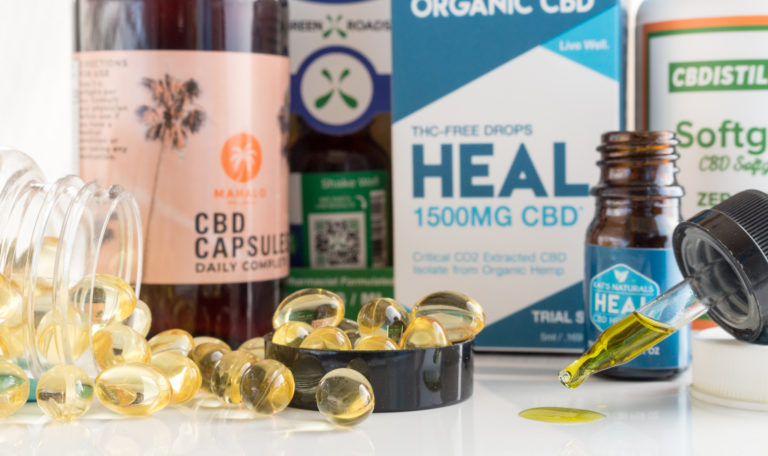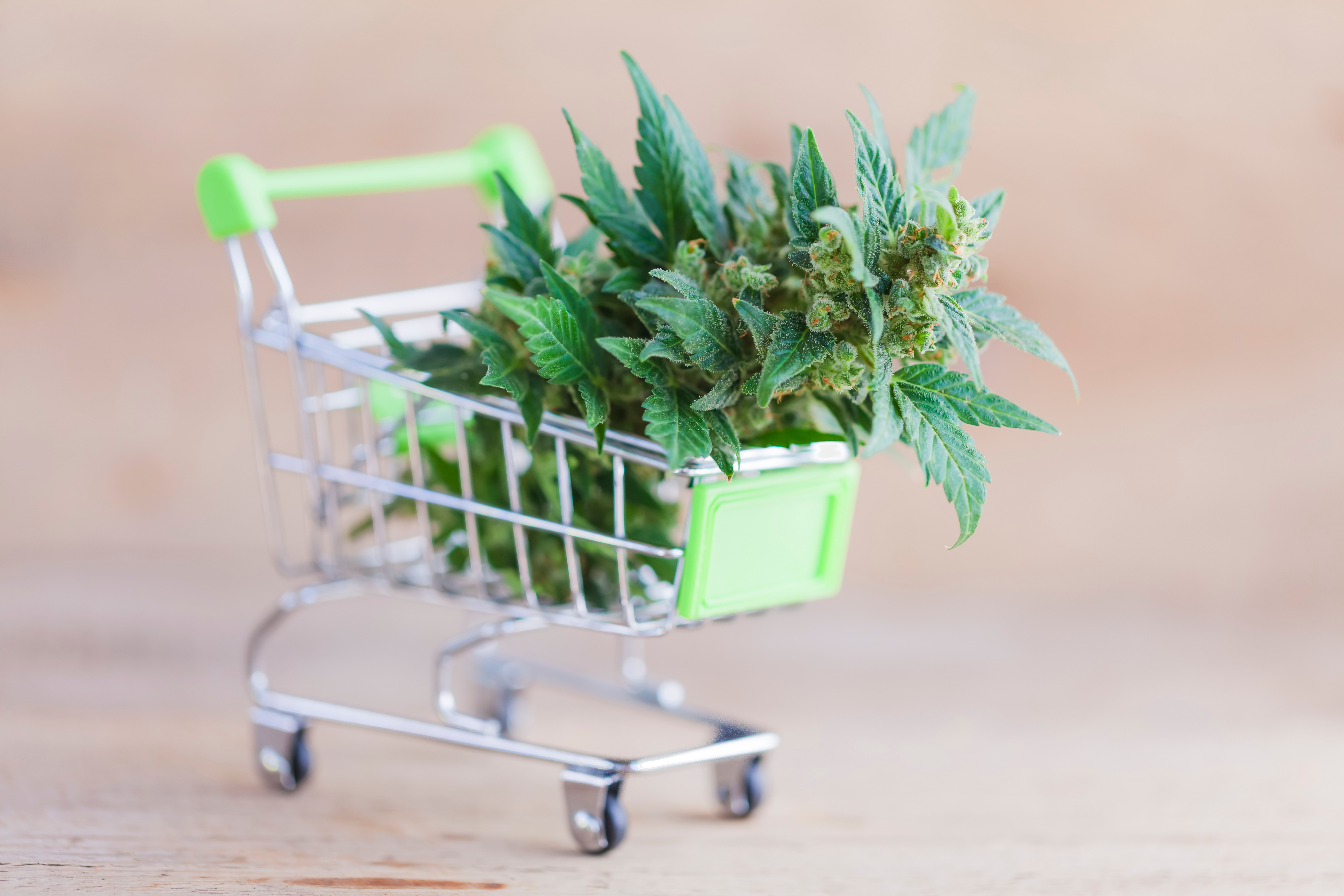Users swear by CBD as a treatment for everything ranging from chronic pain to anxiety. While more and more studies seem to pop up every day boasting CBD’s vast array of health benefits, many advocates of the hemp-based product are still weary to trust many of the popular brands. Is CBD legit? And more importantly, who can you trust?
When it comes to what we put into our body, most of us assume that what is written on the label will match the product in question, but with CBD still unregulated and unmonitored by the Food and Drug Administration, many of these popular brands are now in the hot seat thanks to a recent investigation by NBC 4 New York.
Undercover Investigation Uncovers Huge Discrepancies
The team of investigators went undercover, purchasing dozens of popular CBD products both online and from local retailers. Sending five samples of each product to different labs, they set out to discover if what was hidden behind the label matched the company’s claims. What they uncovered left a lot of CBD users scratching their heads, weary of who to trust in an industry checkered with inconsistency.

One of the first products in question was Jolly Green CBD, which the investigators purchased both online and in stores. According to the store clerk, the tincture in question contained 500mg, but further tested proved that this was far from the case.The investigators spoke with owner Chris Martinez of Evio Labs about the troubling findings. The Miami, Florida owner had this to say about the samples tested:
“Less than half of the samples that were tested actually had the stated amount of CBD inside the product.”
Sadly, Martinez revealed that this finding was far from unique.
“It’s not uncommon to see these inconsistencies across the board,” Martinez said.
The company did not respond to NBC’s request for comment.
CBD Gummies: Do You Get What You Pay For?
Gummies were among the most concerning findings of the study, with only one of the brands tested containing the amount advertised on the packaging. While Green Roads product passed with flying colors, two of the four contained less than half the amount advertized, while one contained zero.
Of the five packaged of Hemp Bombs gummies the I-Team put to the test, every package had less than half the amount advertized. When they contacted the company about their discovery, the spokesperson stated that the gummies in question were made the old way by, “sprinkling CBD on them.” Now, they claim to “infuse the CBD hemp extract into the gummies.”
Another CBD brand purchased online, Gold Line, had similar findings. When the results showed that the gummies contained less than half the amount advertised, the company confessed to NBC that they had put the “wrong photo” online and promptly removed the product from their site.
Most concerning of all four brands tested came from none-other than a surgery recovery website called Dani’s Doll House. Boasting that their CBD gummies were the “strongest” on the market and were known to “speed up recovery,” their samples failed to register any amount of CBD at all. When the I-Team reached out for comment, they were simply told that the gummies had been purchased from a distributor and their own label was applied.
Is CBD Legit? Avoid Being Scammed
“Until there is some type of regulation that levels off the playing field, patients are being duped into buying products that aren’t really going to benefit them,” Martinez said.
Nate McDonald of Curaleaf, one of New York state’s licensed medical marijuana producers and manufacturers of CBD products echoed the same sentiment.
“You have no idea what you’re getting. You don’t know where the product is coming from, you don’t know who made it, you don’t know what was put in it,” said Mcdonald, the General Manager of Operations of Curaleaf New York.
Unlike CBD found online and at random storefronts, the medical CBD at Curaleaf is strictly regulated.
“We have to test potency. We have to test for heavy metals. We have to test for microbiologicals. We have to test for pesticides and fungicides. All of that is required by the state to make sure that the meds are safe,” McDonald said.
All of the experts interviewed had the same advice for CBD consumers: pay attention to the lab results, and pay attention to where you are purchasing your products. With few safety regulations on CBD at the moment, it is crucial that CBD users research the products themselves.
In the meantime, a lot of big-name CBD companies are trying to calm their customers by putting QR barcodes on the packaging, allowing users to scan and review test results using their smartphones. Industry experts recommend that you always verify that CB testing is done by a third party accredited lab and includes results for heavy metals, pesticides and other toxins.


